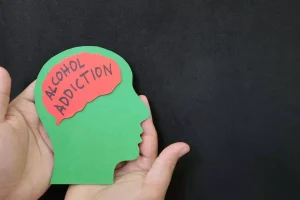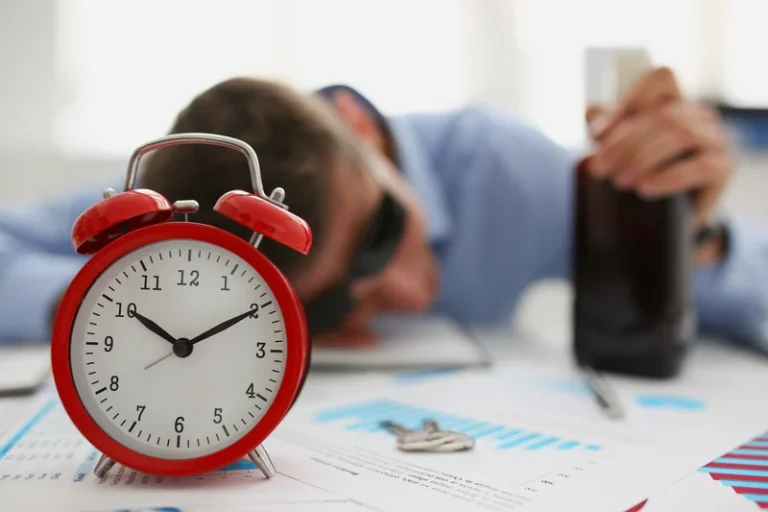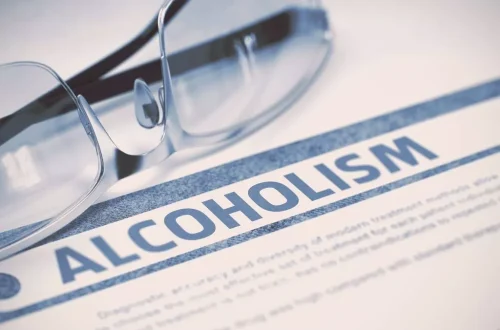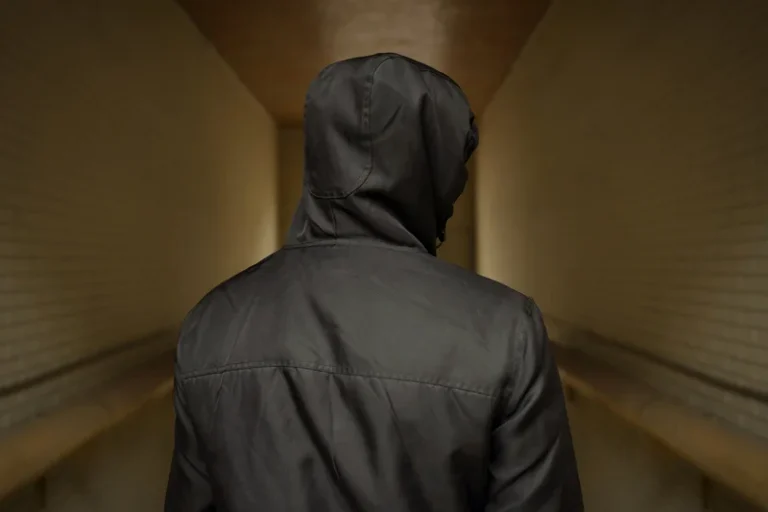
Non-prescription stimulants include cocaine, methamphetamine and MDMA. Though stimulants do not create physically life-threatening withdrawal symptoms, many of the symptoms of stimulant withdrawal often mimic severe depression. Nonetheless, stimulant withdrawal usually requires medically assisted detox due to the risk of relapse. Unlike with many other substances, there is no medication-assisted treatment (MAT) for stimulant use, meaning that intensive medical care, detox and rehab are all the more important to help you stay off the drug. When a person uses drugs or alcohol for a prolonged period, they can experience a wide range of physical and psychological symptoms when they try to reduce or stop substance abuse.
Find Addiction Treatment Programs
Detoxing by yourself can sometimes be dangerous and is not generally recommended. Inpatient programs are the most commonly used facilities for medically assisted detox. Participating in support groups for people with substance use disorders can also provide great opportunities for meeting new people and sharing with others who have had similar experiences. For example, some people with a history of alcohol use disorder (AUD) can experience delirium tremens (DTs) within the first few days of detox. Some symptoms of DTs, like psychosis or seizures, may be severe and require medical attention. Opioids are medications from the poppy plant which have been used for centuries to treat pain.

Medical Professionals
A medically supervised detox prevents dangerous complications of drug and alcohol withdrawal. An assisted detox program can provide a safe space for your body to rid itself of substances while also helping you build your ongoing treatment plan. Inpatient medically monitored programs tend to be the most expensive option.
How do you prevent withdrawal symptoms?
Once drug detoxification is complete, clients can and should move on to residential care or a partial hospitalization program. Detox by itself is a short-term solution that builds the foundation for long-term change. Without continuing and holistic care, relapses can be more likely. For people dealing with substance use disorder, drug detox may feel intimidating or even frightening. Learning what happens during detox can make this crucial step in recovery more approachable. The exact medications prescribed by a physician depend on a variety of factors.
- Withdrawal from alcohol or another substance can trigger worried thoughts and many of the same symptoms as a panic attack.
- Finding the right treatment option can be the key to a successful recovery journey.
- A home detox can also lead to a higher likelihood of relapse due to intense cravings and discomfort.
- They just made it seem so awesome to have sex and do drugs.†Spoken like a true baby of the 1980s hair metal scene.
- More severe symptoms like seizures or delirium tremens (during alcohol withdrawal) can occur.

The single most popular path is the use of peer support groups in the community. The risk of uncomfortable or dangerous withdrawal symptoms is possible for many substances of misuse. Therefore, it is important to have immediate access to medical staff who can help manage symptoms and administer medications if necessary. Due to these potential risks, it’s not advised to undergo alcohol or drug detox at home and without medical supervision.
- The goal of detoxification, also called “detox” or withdrawal therapy, is to enable you to stop taking the addicting drug as quickly and safely as possible.
- Due to these potential risks, it’s not advised to undergo alcohol or drug detox at home and without medical supervision.
- By taking a comprehensive approach to care, we can address all of the underlying and connected issues that contribute to addiction.
- Nonetheless, stimulant withdrawal usually requires medically assisted detox due to the risk of relapse.

For most people seeking inpatient or residential drug and alcohol treatment, medical detoxification is the priority and occurs at the beginning of treatment. While medical detox alone is not considered addiction treatment, those who complete medical detox are more likely to stay in treatment longer and have longer stretches of sobriety. If you have insurance, your plan may provide full or partial coverage for drug drug detox and alcohol detox. The Affordable Care Act (ACA) recognizes substance use disorder treatment as an essential healthcare benefit for U.S. citizens. This means that per the ACA, insurance companies must provide coverage for substance use disorder treatment in some capacity. Your coverage will depend on your specific plan.11 If you don’t have coverage, there are still ways you can pay for detox without insurance.
Several treatments are available to manage the recovery process safely and substance detox is one of them. After discussion with you, your health care provider may recommend medicine as part of your treatment for opioid addiction. Medicines don’t cure your opioid addiction, https://ecosoberhouse.com/ but they can help in your recovery. These medicines can reduce your craving for opioids and may help you avoid relapse. Medicine treatment options for opioid addiction may include buprenorphine, methadone, naltrexone, and a combination of buprenorphine and naloxone.

Partial hospitalization is a higher level of care compared to intensive outpatient treatment. PHP requires more treatment hours each week (on average, 20 hours per week), whereas IOP treatment provides approximately 9 hours of treatment each week. BetterHelp can connect you to an addiction and mental health counselor. Two groups of synthetic drugs — synthetic cannabinoids and substituted or synthetic cathinones — are illegal in most states. The effects of these drugs can be dangerous and unpredictable, as there is no quality control and some ingredients may not be known. People use cannabis by smoking, eating or inhaling a vaporized form of the drug.


